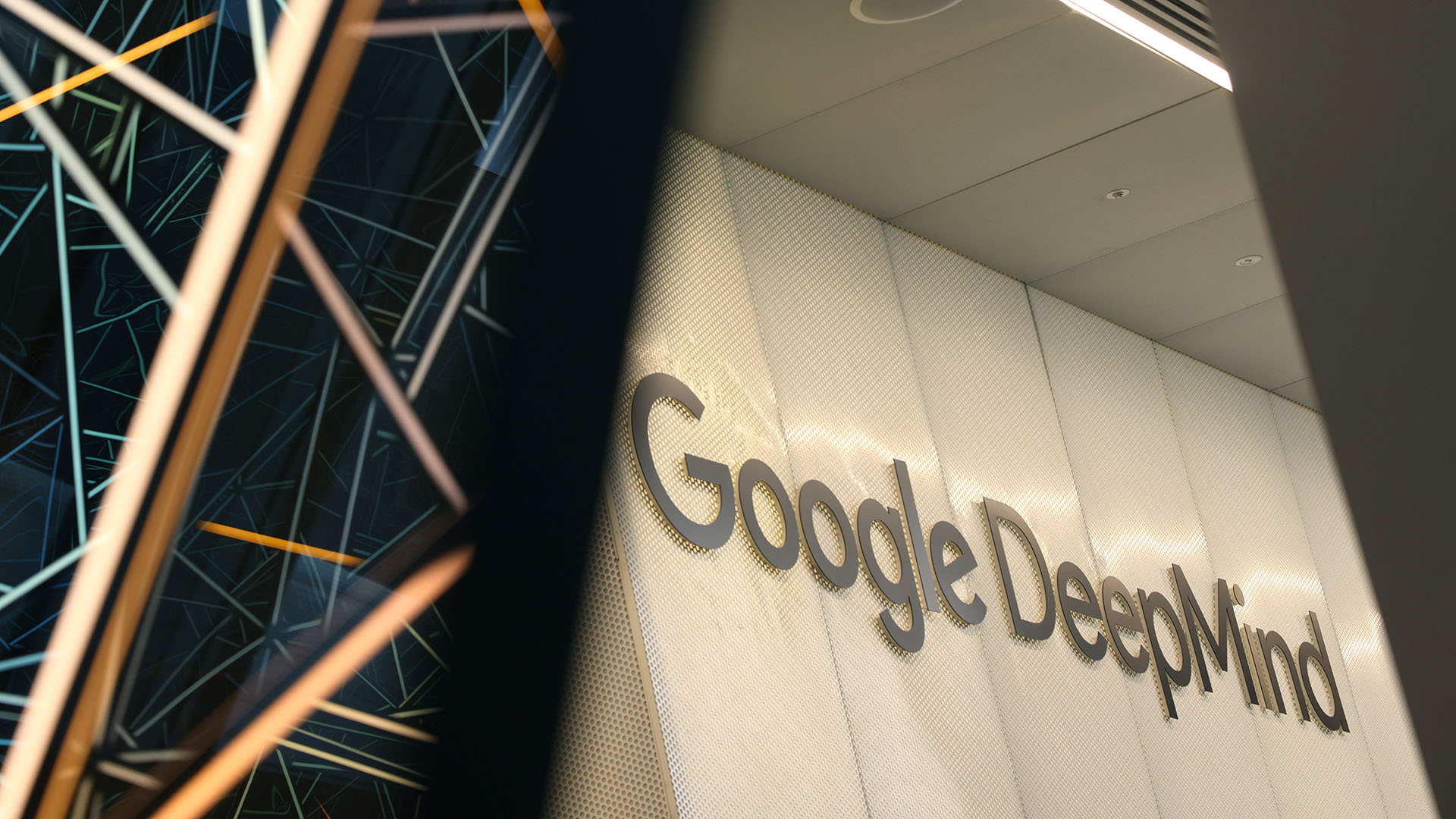Google DeepMind AI staff reportedly tied to "aggressive" noncompete clause — Offering year-long PTO to stop them leaving for rivals
Is Google so protective of its AI talent that it’d rather pay some employees to take a year-long vacation than join competitors?

Contrary to emerging trends and a popular opinion, it's becoming apparent that generative AI can seemingly create job opportunities rather than steal them from humans. The landscape has turned out to be more lucrative as it advances and scales greater heights, with companies like Microsoft paying its AI staff top dollar compared to someone working in the Azure division.
The Redmond giant pays an average AI software engineer up to $377,611, which is $120,000 more than the average salary of an employee in the Azure division.
And as it now seems, Google has a nifty trick up its sleeve to retain AI talent under its umbrella, which includes paying them up to a year to do nothing as a bid to prevent them from joining rival AI labs.
According to a report by Business Insider, Google DeepMind leverages "aggressive" noncompete agreements to prevent its AI staff from defecting to rival AI firms for up to a year.
In some instances, AI staff can be subjected to excruciatingly long paid time off (PTO). While their bank accounts may grow larger with minimal effort to show, the technique may, in the long run, hurt the employees' sense of fulfillment, especially with the ever-evolving AI landscape.
Per sources familiar with Google DeepMind's operations, several factors are considered when subjecting AI staff members to these noncompete agreements, including their seniority and the criticality of their contribution to the company's AI efforts.
While speaking to Business Insider about the issue, a Google spokesperson indicated:
Get the Windows Central Newsletter
All the latest news, reviews, and guides for Windows and Xbox diehards.
"Our employment contracts are in line with market standards. Given the sensitive nature of our work, we use noncompetes selectively to protect our legitimate interests."
Interestingly, while Google referred to its approach as standard practice, Microsoft's AI VP, Nando de Freitas, shared that several Deepmind staffers had reached out in despair, highlighting the stringent nature of Google's noncompete agreements, seemingly leaving them stuck at the company.
Dear @GoogDeepMind ers, First, congrats on the new impressive models.Every week one of you reaches out to me in despair to ask me how to escape your notice periods and noncompetes. Also asking me for a job because your manager has explained this is the way to get promoted, but…March 26, 2025
To that end, it's worth noting that noncompete laws vary in the US by state. For instance, these clauses should be unenforceable in California, which is home to several major tech firms, including Google.
A new law passed in 2023 expanded the California restriction, banning the enforcement of noncompete agreements entered into outside the state.
Read more: Google CEO throws lethal jabs at Microsoft's AI efforts
However, the same can't be said about noncompete agreements in the United Kingdom, where Google DeepMind is headquartered. The law allows companies to enforce these clauses if they are considered reasonable and designed to protect the employer's business interests and operations.
"Who wants to sign you for starting in a year?" indicated a former DeepMind employee. "That's forever in AI."

Kevin Okemwa is a seasoned tech journalist based in Nairobi, Kenya with lots of experience covering the latest trends and developments in the industry at Windows Central. With a passion for innovation and a keen eye for detail, he has written for leading publications such as OnMSFT, MakeUseOf, and Windows Report, providing insightful analysis and breaking news on everything revolving around the Microsoft ecosystem. While AFK and not busy following the ever-emerging trends in tech, you can find him exploring the world or listening to music.
You must confirm your public display name before commenting
Please logout and then login again, you will then be prompted to enter your display name.
